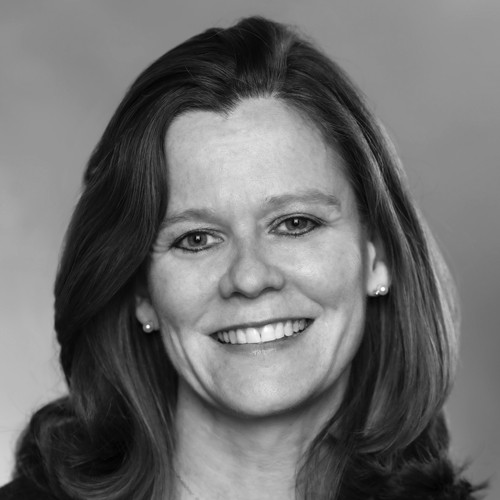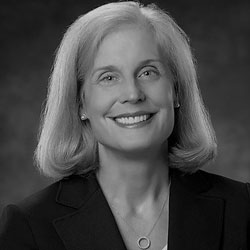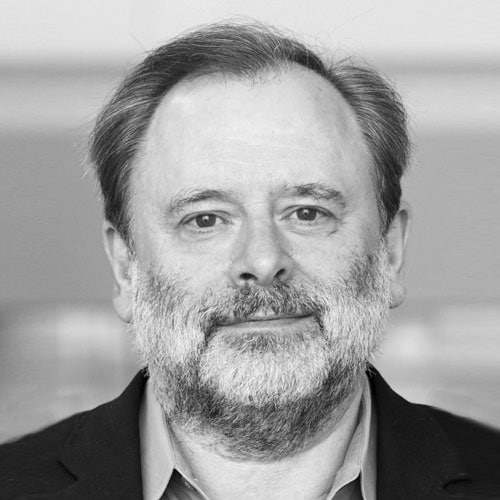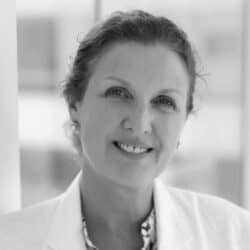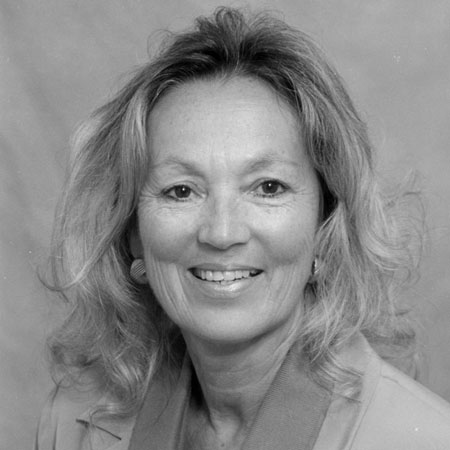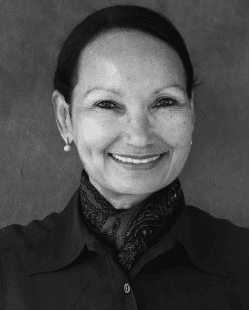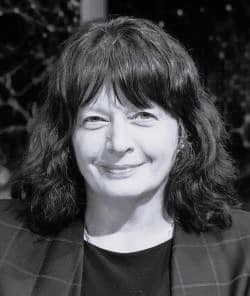Our Scientific Advisory Board
The Scientific Advisory Board (SAB) provides strategic guidance and direction for our research and scientific programs. It plays a key role in guiding and prioritizing Komen’s global research investment and serves as the executive committee of the Komen Scholars. The SAB is led by the chief scientific advisors and is comprised of leaders in breast cancer research, clinical practice and advocacy who have made significant contributions to advancing the field and are committed to furthering Komen’s mission.
Past SAB Members
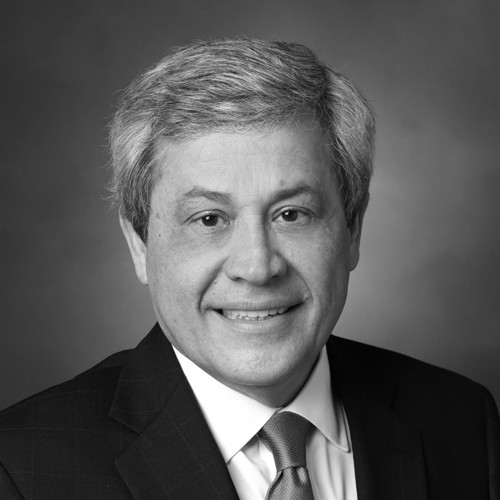
Carlos L. Arteaga, M.D.
UT Southwestern Medical Center
Dallas, TX
SAB member 2012-2022
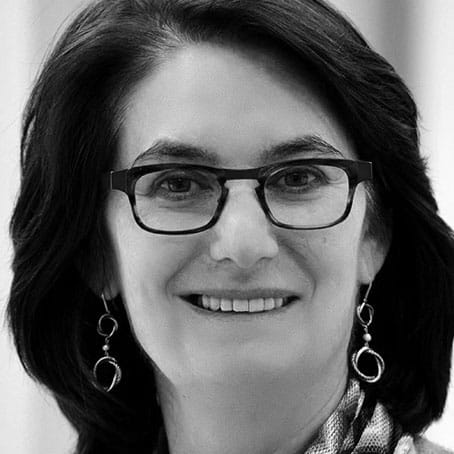
Melissa Bondy, Ph.D.
Stanford Cancer Institute
Stanford, CA
SAB member 2007-2010
Komen Scholar 2010-2017
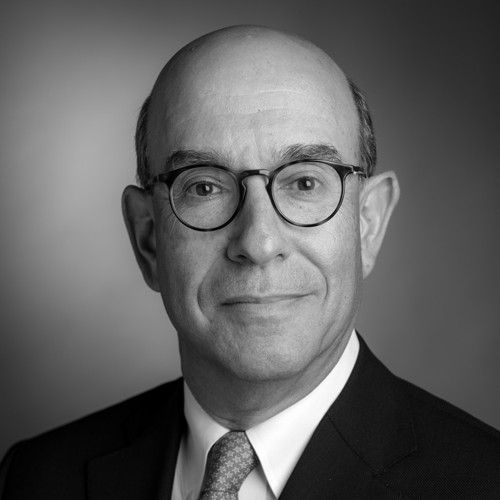
Myles Brown, M.D.
Dana-Farber Cancer Institute
Boston, MA
SAB member 2010-2020

Powel Brown, M.D., Ph.D.
The University of Texas M.D. Anderson Cancer Center
Houston, TX
SAB member 2007-2017
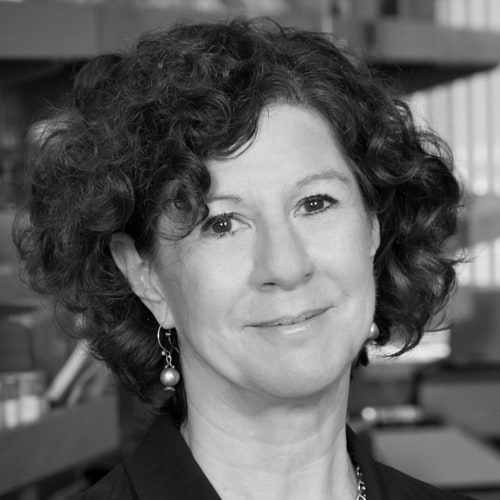
Karen Gelmon, M.D., F.R.C.P.C.
British Columbia Cancer Agency
Vancouver, Canada
Komen Scholar 2010-2012
Scientific Advisory Board 2012-2018
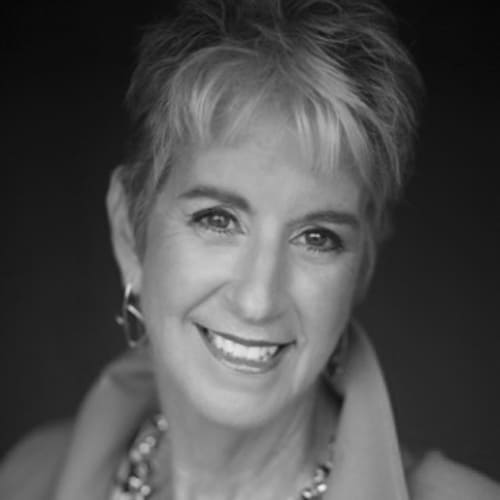
Cheryl Jernigan, C.P.A., F.A.C.H.E.
Komen Advocate in Science
Kansas City, MO
Komen Scholar 2010-2012
SAB Member 2012-2018
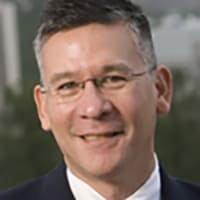
H. Kim Lyerly, M.D.
Duke Comprehensive Cancer Center
Durham, NC
Scientific Advisory Board 2007-2010
Komen Scholar 2010-2013
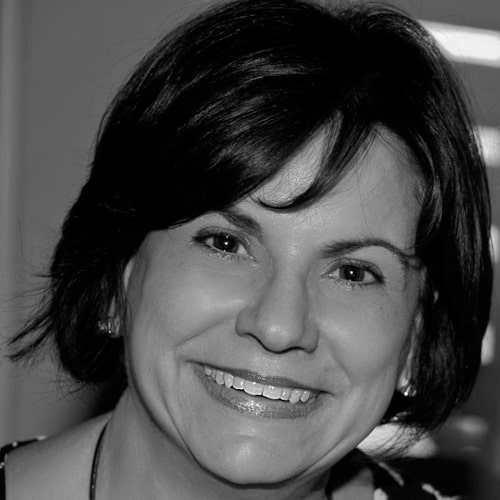
Amelie Ramirez, Dr.P.H.
The University of Texas Health Science Center at San Antonio
San Antonio, TX
SAB member 2007-2017 (now a Komen Scholar)
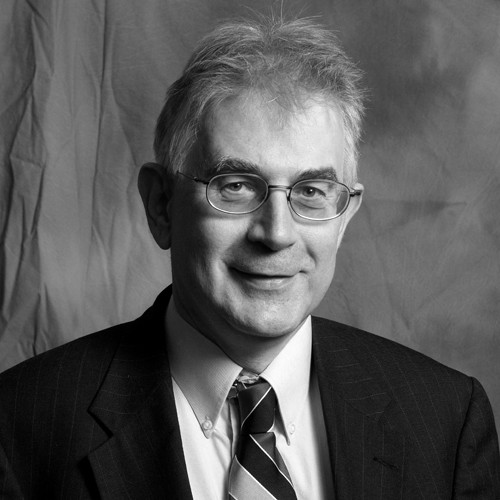
George W Sledge, M.D.
Stanford University
Stanford, CA
SAB member 2007-2012
Chief Scientific Advisor 2012-2022

Saraswati Sukumar, Ph.D.
Johns Hopkins University School of Medicine
Baltimore, MD
SAB member 2007-2010
Komen Scholar 2010-2013

Christina Tannous, Ph.D.
Komen Advocate in Science
Fountain Valley, CA
Scientific Advisory Board 2008-2012
Komen Scholar 2012-2013
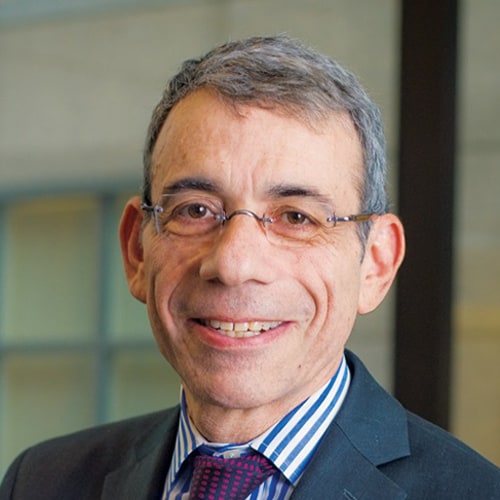
Eric P. Winer, M.D.
Yale Cancer Center
New Haven, CT
Chief Scientific Advisor 2007-2018
SAB Past Chair Member 2018-2019

